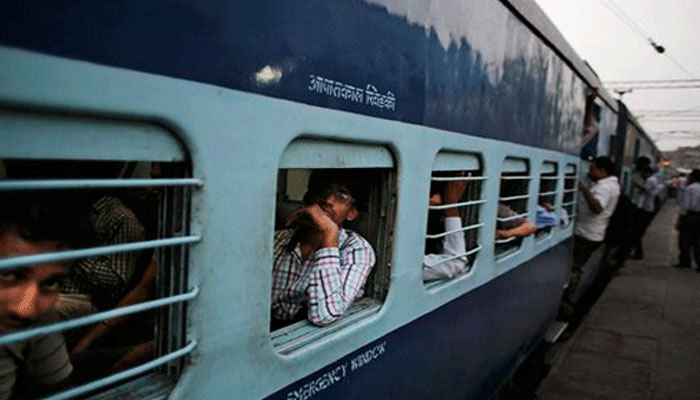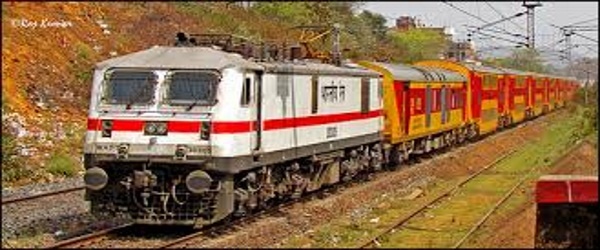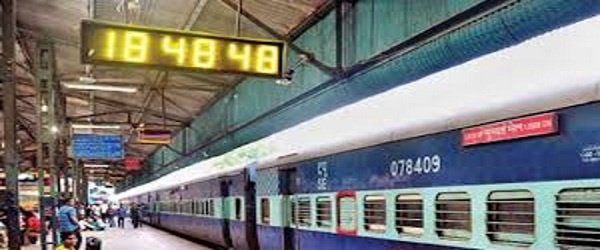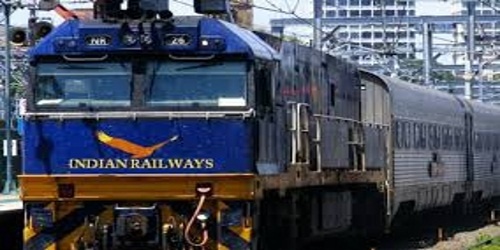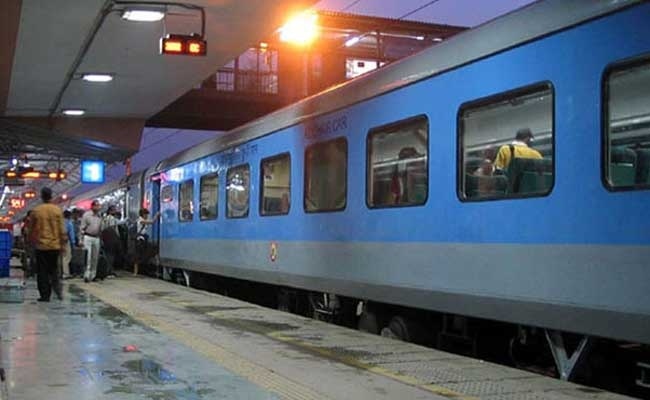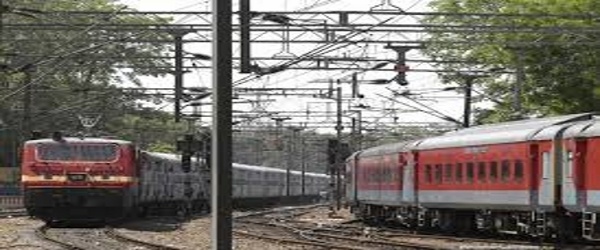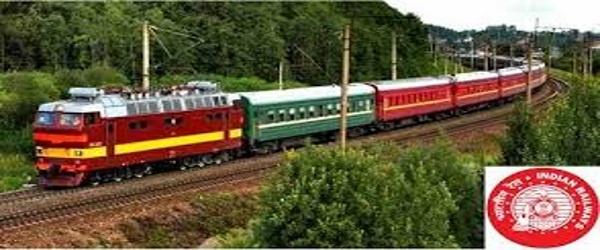
IRCTC has offered delivery of rail tickets allowing passengers to make payment through any payment mode, including cash.
Broad-basing the customer service, the Indian Railway Catering and Tourism Corporation (IRCTC) has now introduced pay-on- delivery service allowing passengers to book train tickets online and pay at the time of delivery.
IRCTC through its website and mobile app has now introduced pay-on-delivery as one of the payment options for its customers, said a senior IRCTC official.
Delivering tickets at the consumer’s doorstep by offering the pay-on-delivery (PoD) option will facilitate those consumers who book through travel agents to move to online medium. It will also encourage people who book at railway reservation counters to move to online medium as there is a cost and effort to reach the reservation counters.
The customer will have to do a one-time registration for availing PoD as a payment option. He or she will have to tender either Aadhaar or Pan card to avail this payment option. PoD charges shall be Rs90 plus sales tax for transactions up to Rs5,000 and Rs120 plus tax for transactions over Rs 5,000.
In case of refusal or cancellation before delivery, the customer will be liable to pay the cancellation and delivery charges.

